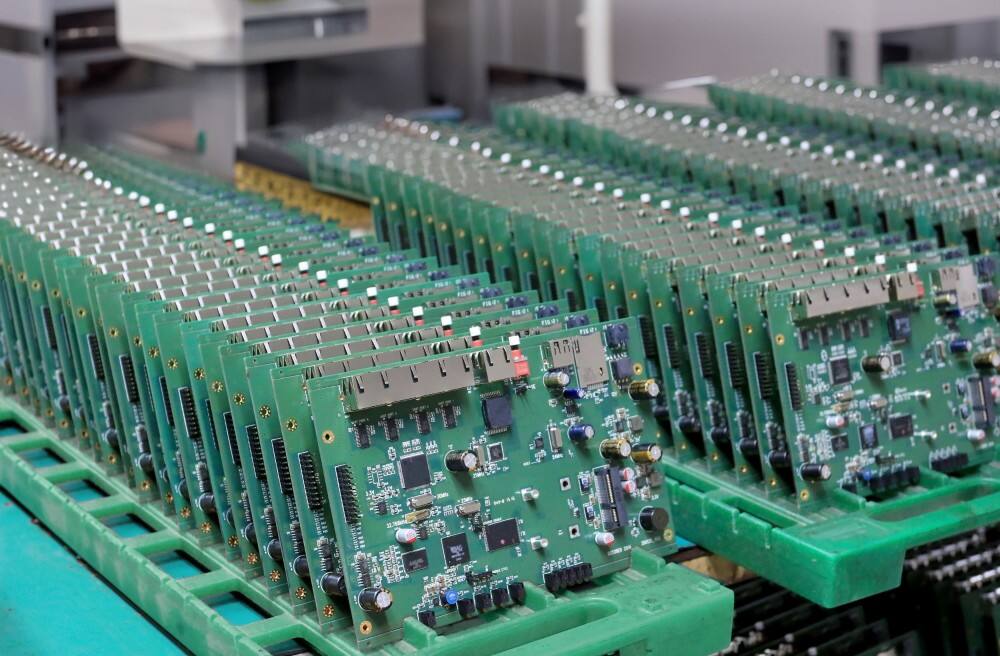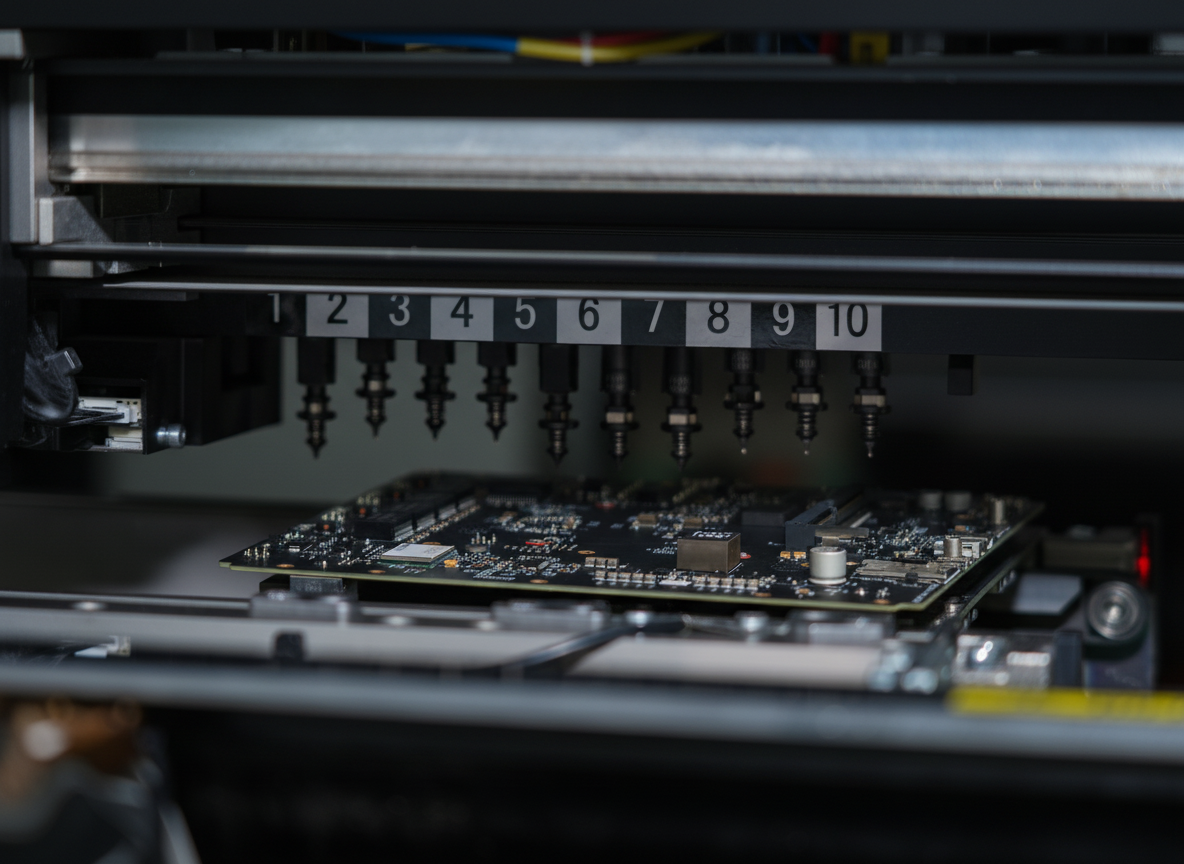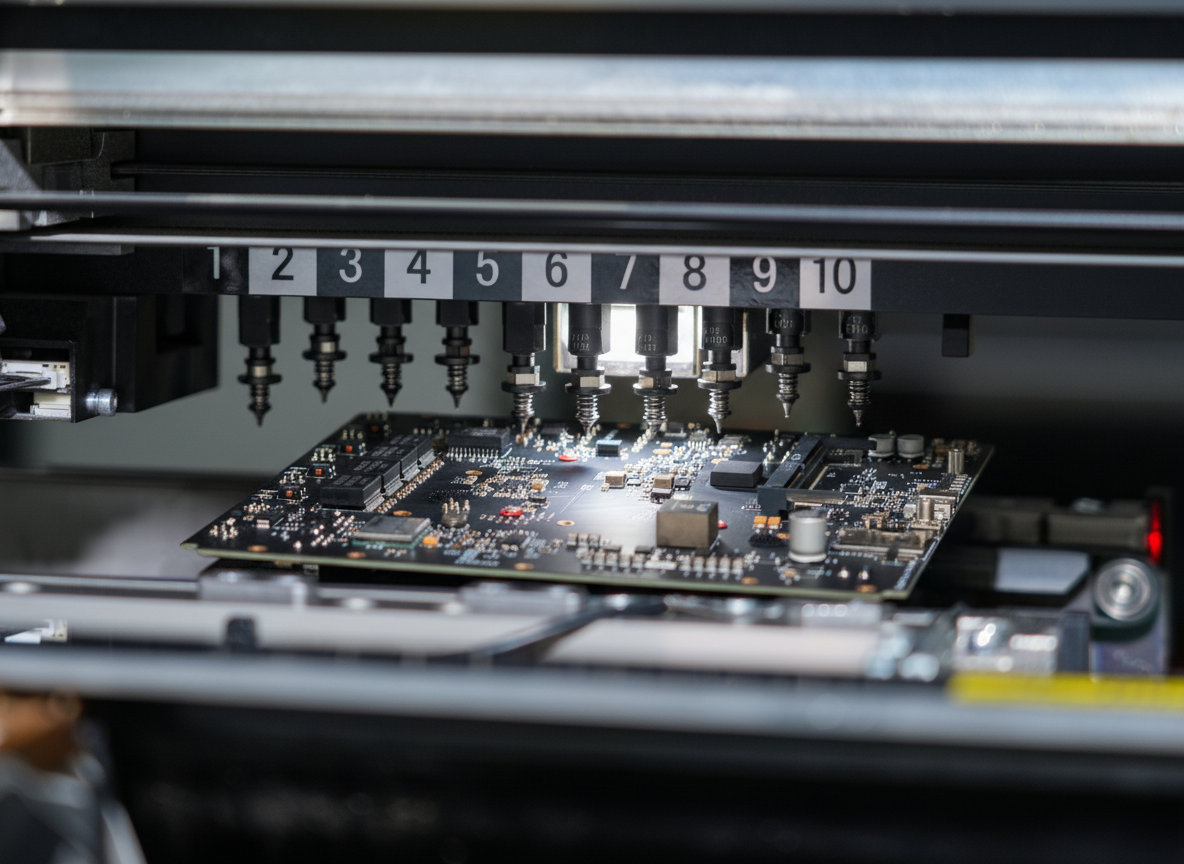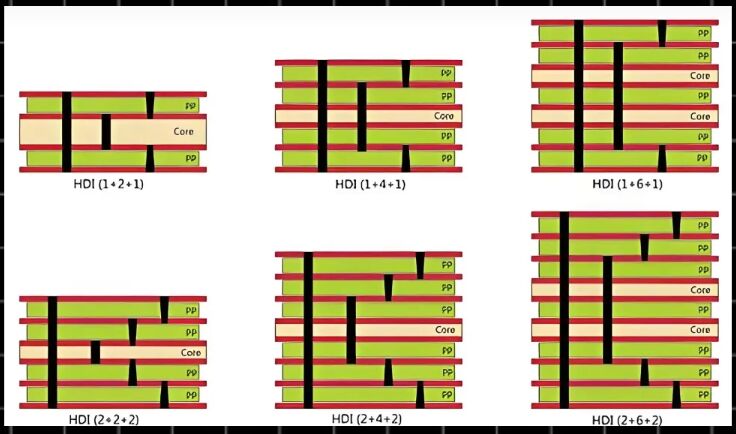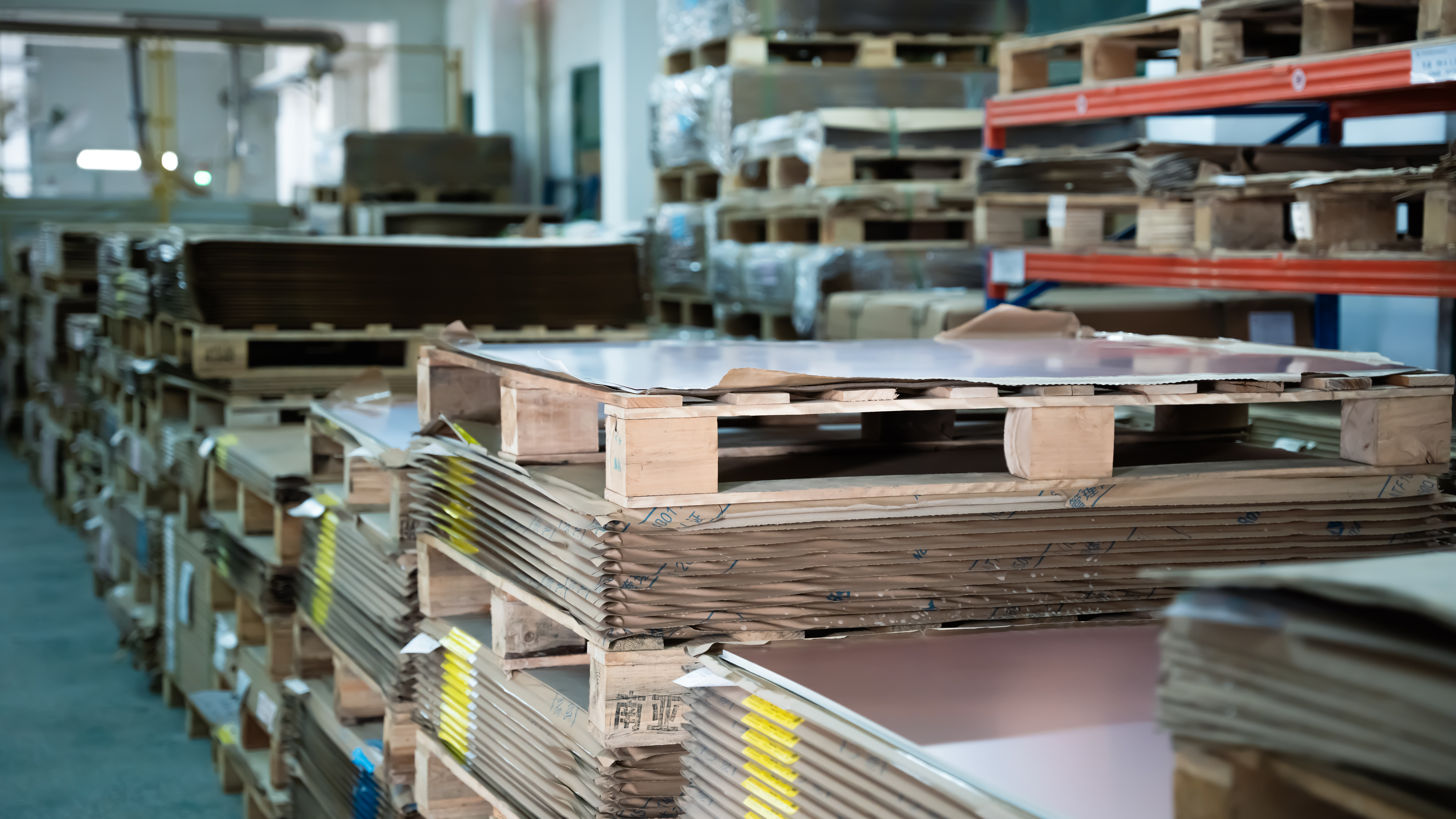pcb testing
PCB testing is a critical quality control process in electronics manufacturing that ensures printed circuit boards meet design specifications and functionality requirements. This comprehensive evaluation process encompasses various testing methodologies, including automated optical inspection (AOI), in-circuit testing (ICT), and functional testing. Modern PCB testing equipment utilizes advanced imaging technology and precise measurement tools to detect manufacturing defects, component placement errors, and electrical connectivity issues. The testing procedures verify circuit continuity, component values, and overall board performance under different operating conditions. Testing systems can identify common issues such as short circuits, open circuits, incorrect component placement, soldering defects, and dimensional inconsistencies. The process also includes environmental stress screening to evaluate board performance under various temperature and humidity conditions. PCB testing has evolved to incorporate artificial intelligence and machine learning algorithms, enabling faster and more accurate defect detection. This sophisticated testing methodology ensures that electronic products maintain high reliability and performance standards while minimizing the risk of field failures.


